According to a survey by The Guardian, the proportion of people who believe the best way forward for Britain is to foster closer ties with the EU is now twice as high as the proportion who support leaving the EU.
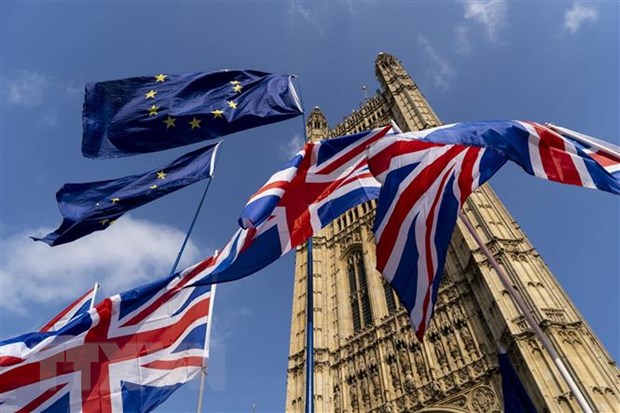
The majority of British voters now support building closer relations with the European Union (EU), according to a new survey published by The Guardian (UK), reflecting that British public opinion seems to have "reversed" since Brexit.
Even in the constituencies that recorded the highest Brexit votes in the 2016 referendum , the proportion of people who believe that the best way forward for the UK is to forge closer ties with the EU (i.e. in the opposite direction to the 2016 vote) is now twice as high as the proportion who support leaving the EU.
A survey of more than 10,000 British voters, conducted by Focaldata, found that around 63% of adults now believe Brexit causes more problems than it solves, with just 21% believing the opposite.
Overall, 53% of voters now want the government to seek a closer relationship with the EU than it has now (after leaving the single market and customs union), and just 14% want the UK to move further away from the EU.
In some constituencies such as Boston and Skegness in Lincolnshire, which saw Brexit votes as high as 74.9% in 2016, the proportion backing closer to the EU is now 40%, almost double the 19% who favour further separation.
The survey results come after the UK government released official data last week showing net migration to the UK had risen to a new high of more than 606,000 in 2022 - up 24% from the previous record of 488,000 in 2021. This contradicts the government's pledge that Brexit would help Britain "take back control" of its borders.
Some evidence also suggests that the UK economy in general and trade in particular appear to be suffering from post-Brexit trade barriers, additional red tape and increased costs for exporters and importers.
Last week, The Guardian cited data from the London School of Economics (LSE) showing that British households spent an extra 7 pounds ($8.6) since Brexit on additional costs of importing food from the EU due to the impact of trade barriers.
Compared to his two predecessors Boris Johnson and Liz Truss, British Prime Minister Rishi Sunak has made more efforts to build friendly relations with the EU, but he is also facing increasing pressure to help British businesses and clarify how to limit the impact of Brexit on British trade./.
Source








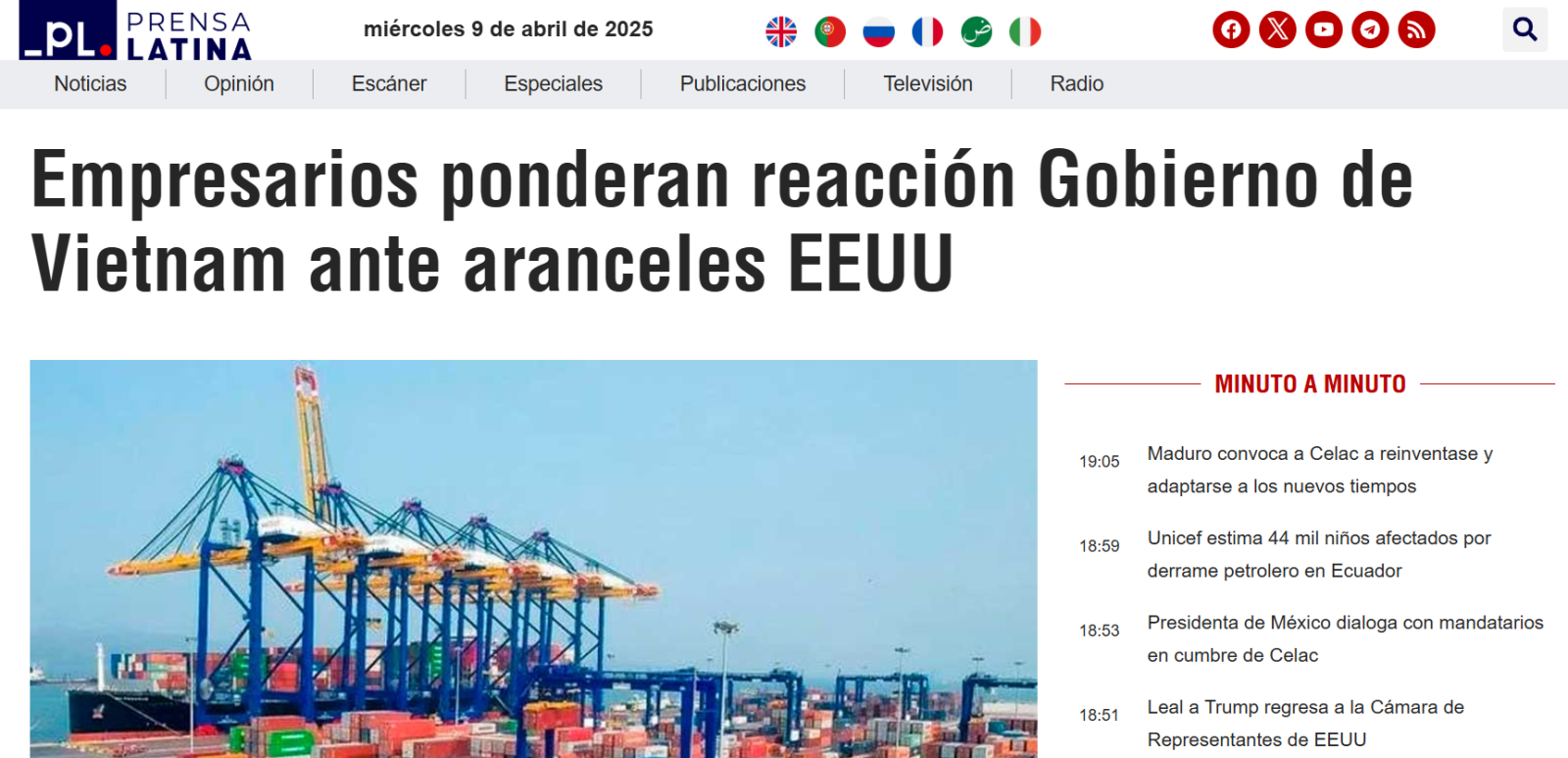

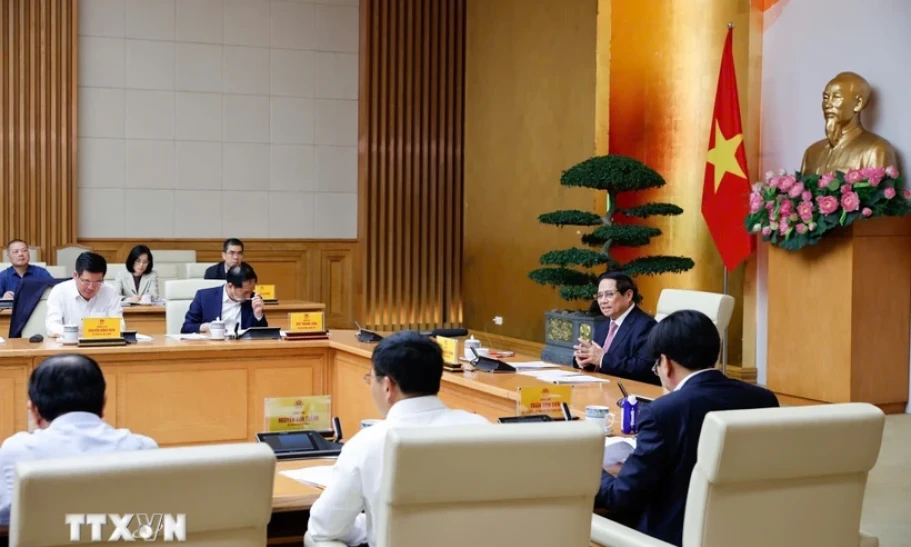

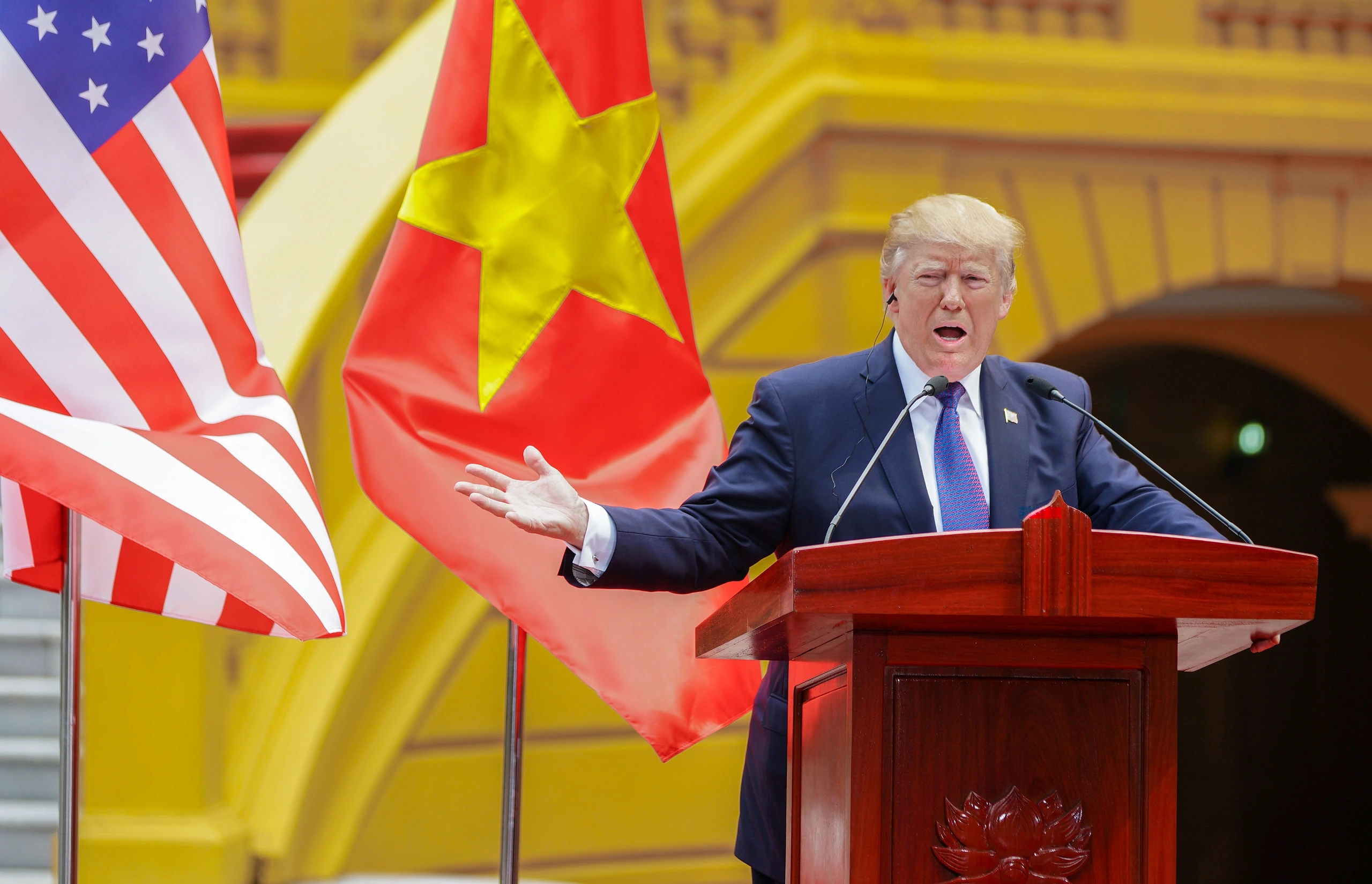



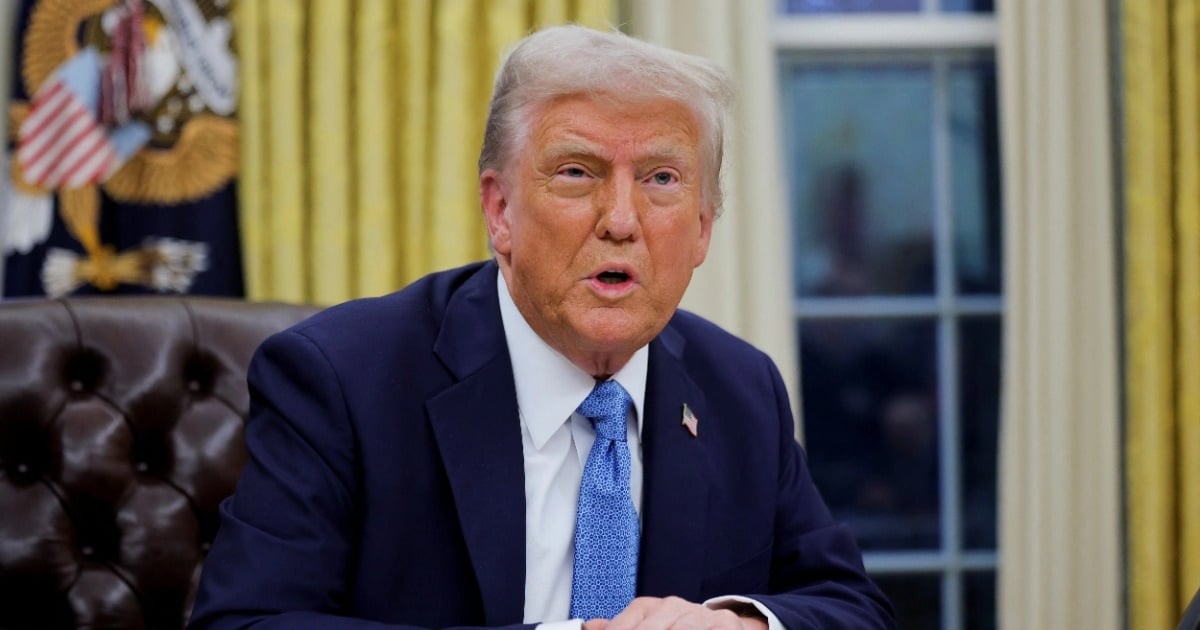

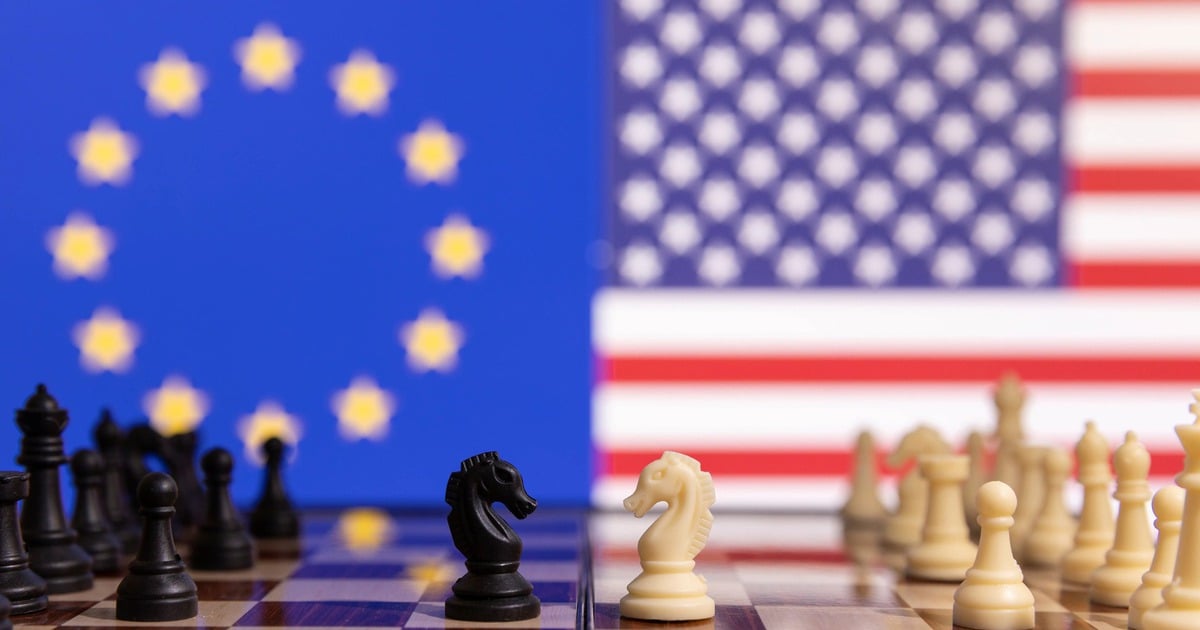















![[Photo] "Beauties" participate in the parade rehearsal at Bien Hoa airport](https://vstatic.vietnam.vn/vietnam/resource/IMAGE/2025/4/11/155502af3384431e918de0e2e585d13a)

















































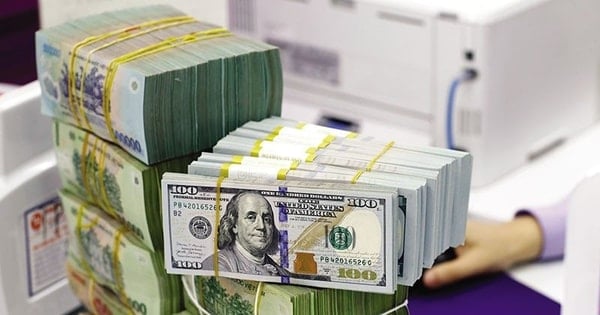













Comment (0)